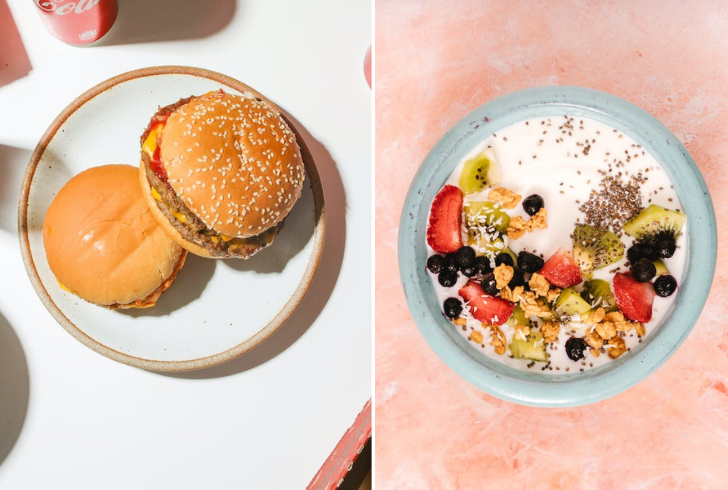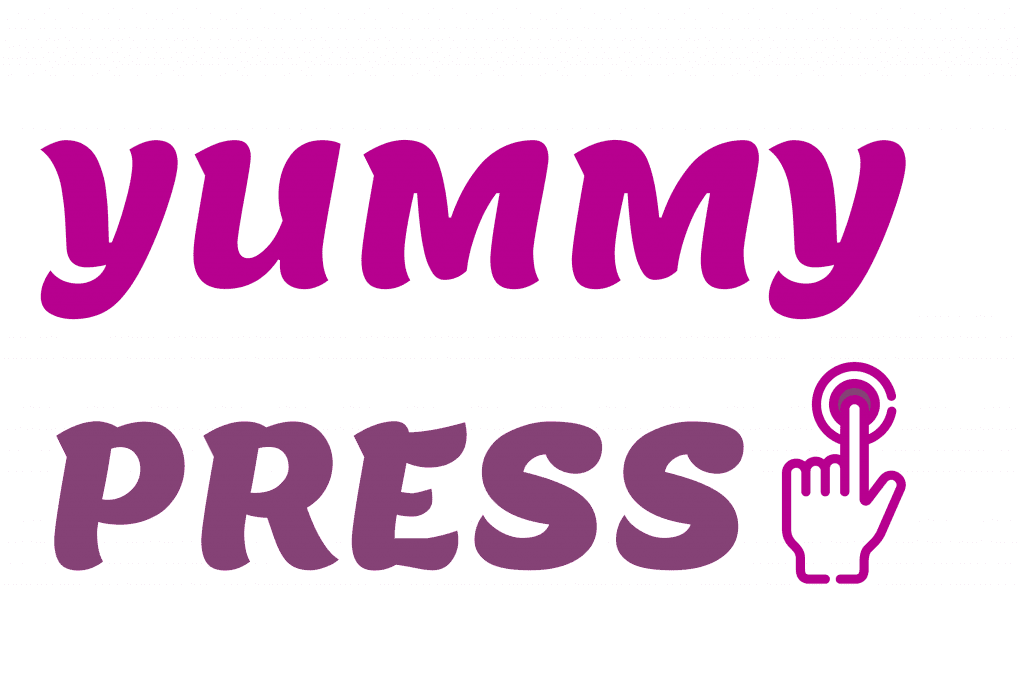Do you love munching on chips, sipping soda, or grabbing ready-to-eat meals? Well, a new study suggests that eating too much of these tasty, but not-so-healthy, ultraprocessed foods might be linked to feeling sad. Let’s dig into the details.
Ultraprocessed foods, like chips, soda, and some packaged meals, are packed with things like salt, sugar, and additives. A recent study published in the journal JAMA Open Network looked at the eating habits of over 31,000 women between 42 and 62 years old. The research found that those who ate a lot of ultraprocessed foods—around nine servings a day—were 50% more likely to feel depressed compared to those who had four servings or less.
What’s in Ultraprocessed Foods? Pexels | Women Buying Ultraprocessed food.
Pexels | Women Buying Ultraprocessed food.
-
High levels of salt, sugar, and unhealthy fats
- Additives that make them tasty but not so good for you
- Includes chips, soda, ready-to-eat meals, yogurts, and packaged bread
The study followed these women over time, even before they showed any signs of feeling down. The researchers discovered that those who consumed artificial sweeteners along with ultraprocessed foods had an even higher chance of feeling the blues.
Melissa Lane, a researcher, pointed out that this new study supports other research from around the world, all showing that eating too much ultraprocessed food can increase the risk of depression.
Why Does Junk Food Make You Feel Down? Pexels | Comparison of junk food and nutritious meals.
Pexels | Comparison of junk food and nutritious meals.
-
It’s not entirely clear, but there are some theories.
- Ultraprocessed foods might mess with your gut, which is closely connected to your brain.
- These foods may disrupt the normal balance of bacteria in your gut, leading to inflammation that influences the risk of depression.
The Chicken or the Egg?
- We’re not sure if feeling down leads to eating junk food or if it’s the other way around.
- When we’re feeling low on energy, it’s easy to reach for these foods because they’re quick and require no cooking.
Although this study can’t prove that eating too much junk food directly causes depression, other research suggests that eating whole foods—packed with nutrients like fiber, vitamins, and minerals—supports good mental health.
Artificial Sweeteners and Brain Chemistry Pexels | Happy woman making a healthy food choice.
Pexels | Happy woman making a healthy food choice.
-
Artificial sweeteners might mess with your brain’s chemical balance.
- This disruption could cause inflammation, possibly linking ultraprocessed foods to depression.
- Eating whole foods with essential nutrients may be a better choice for your mental well-being.
In the future, if researchers can confirm that ultraprocessed foods do increase the risk of depression, it could be a game-changer for helping people with the condition.
So, next time you reach for that bag of chips or soda, maybe consider choosing a snack that’s kinder to your body and mind. Your future self might thank you for it!




